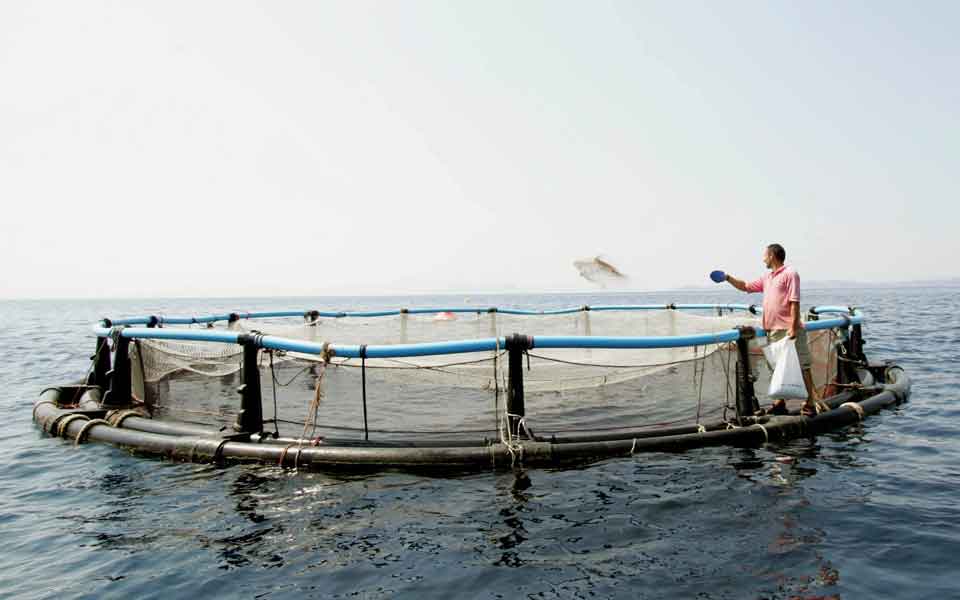Strengthening euro has Greek exporters worried

Greek exporters are quite concerned about the euro's significant rise against the dollar and other key foreign currencies since March, fearing Greek commodities could start to lose the favorable momentum that took both time and no small effort to build.
Greek exports to the US started to slow last year and exports to the entire American continent posted a year-on-year drop in the first quarter of 2017. According to exporters’ representatives, the only positive aspect is that more than half of the value of Greek exports concerns countries within the European Union, with 38 percent heading to fellow eurozone member-states.
“We have faced similar situations in the past. We are monitoring developments. However, if the strengthening of the euro continues there will be interventions by eurozone countries whose exports are high in volume and value, such as Germany,” Christina Sakellaridi, the head of the Panhellenic Exporters Association, told Kathimerini.
Data analysis shows that, in value terms, 56.25 percent of Greek exports headed to EU states last year, with only 43.75 percent traveling to third countries. In the first quarter of this year the rate of exports to third countries increased to 45.44 percent.
Hellenic Statistical Authority (ELSTAT) figures reveal that last year’s exports to third countries amounted to 11.13 billion euros, of which 59.1 percent or 6.58 billion euros was invoiced in US dollars. Just 40.4 percent or 4.49 billion was in euros and 54 million in other currencies.
Out of the exports invoiced in dollars, 72.5 percent concerned fuel products, 16.2 percent industrial commodities and 11.3 percent primary products (livestock, food and drink, tobacco, raw materials and other energy products).
Greece faces the greatest competition from Turkey, particularly in primary commodities. Exporters note that the further strengthening of the euro against other currencies, combined with the subsidies Ankara hands out to its agricultural producers, is likely to increase pressure on Greek exports. A case in point is fish farming, as the Turkish government subsidizes the cost of transporting fish exports to the US.





